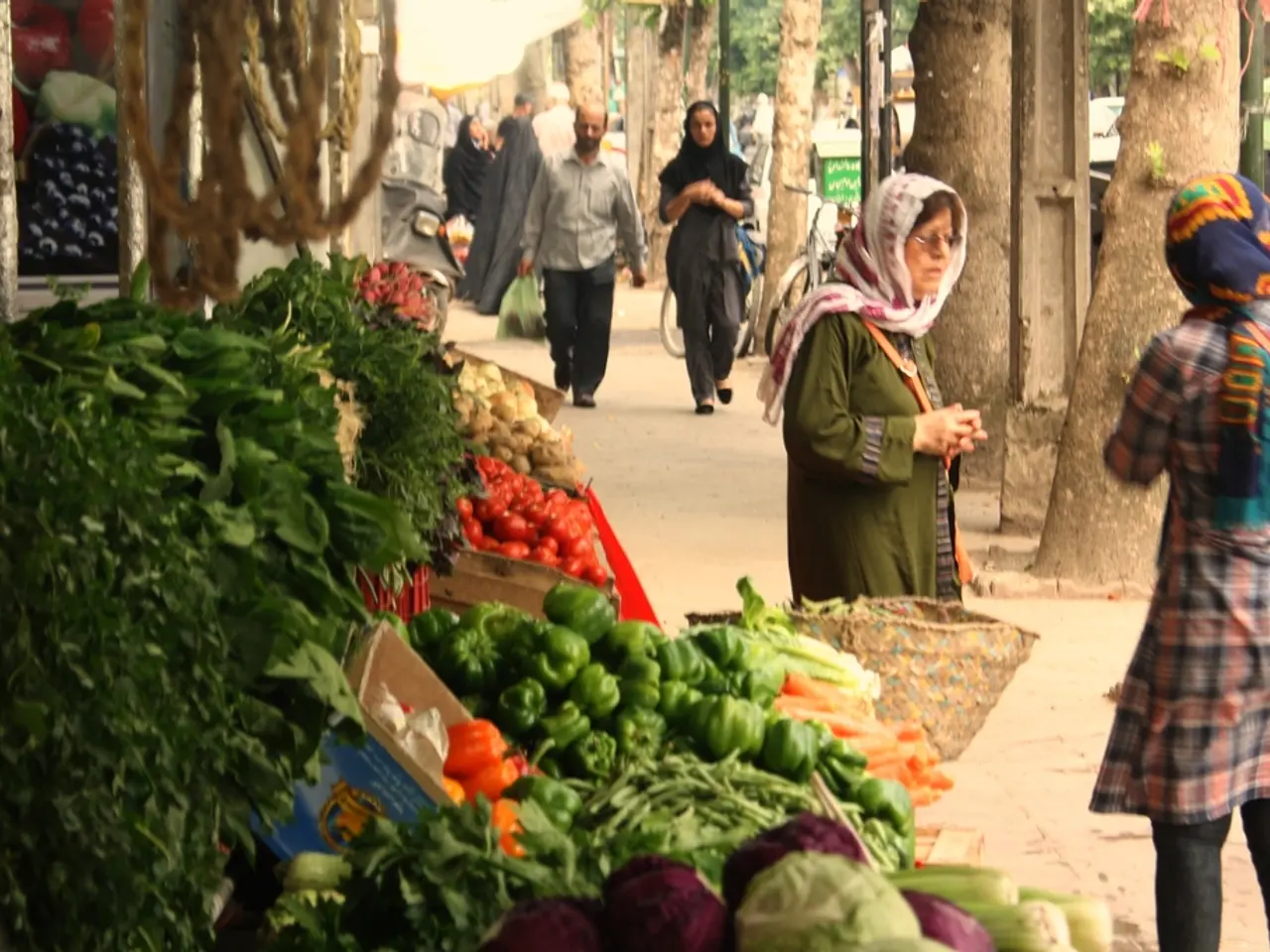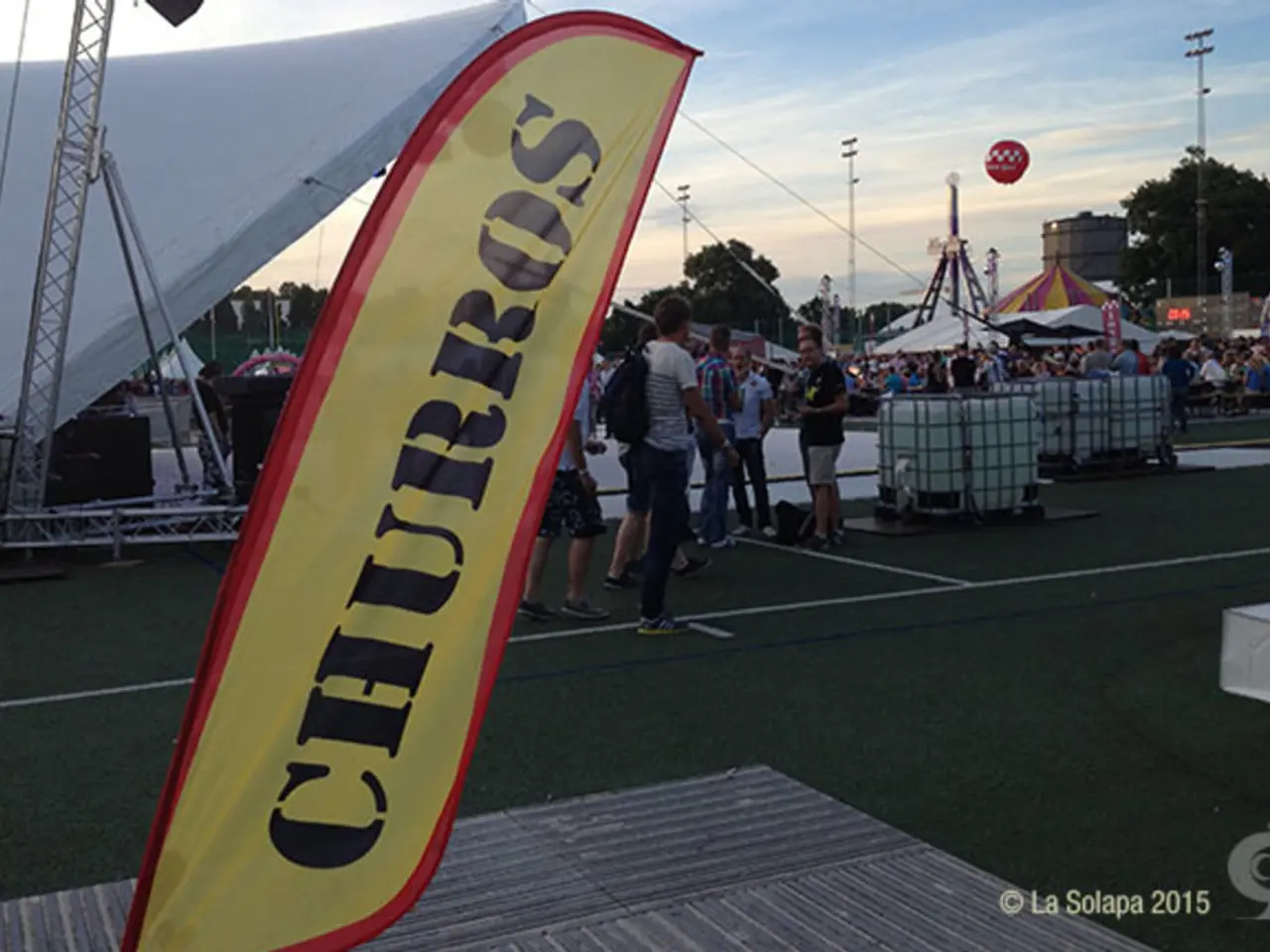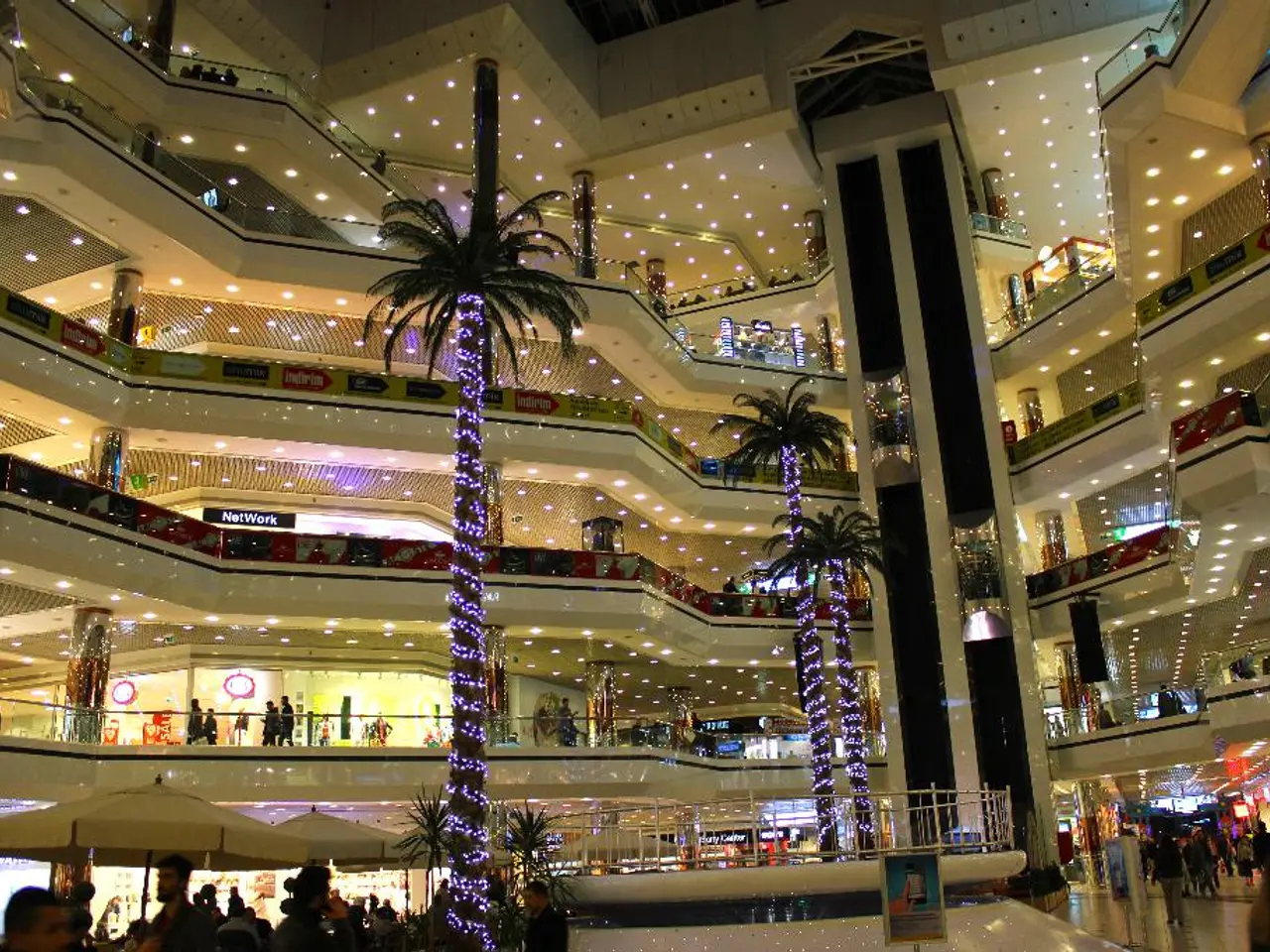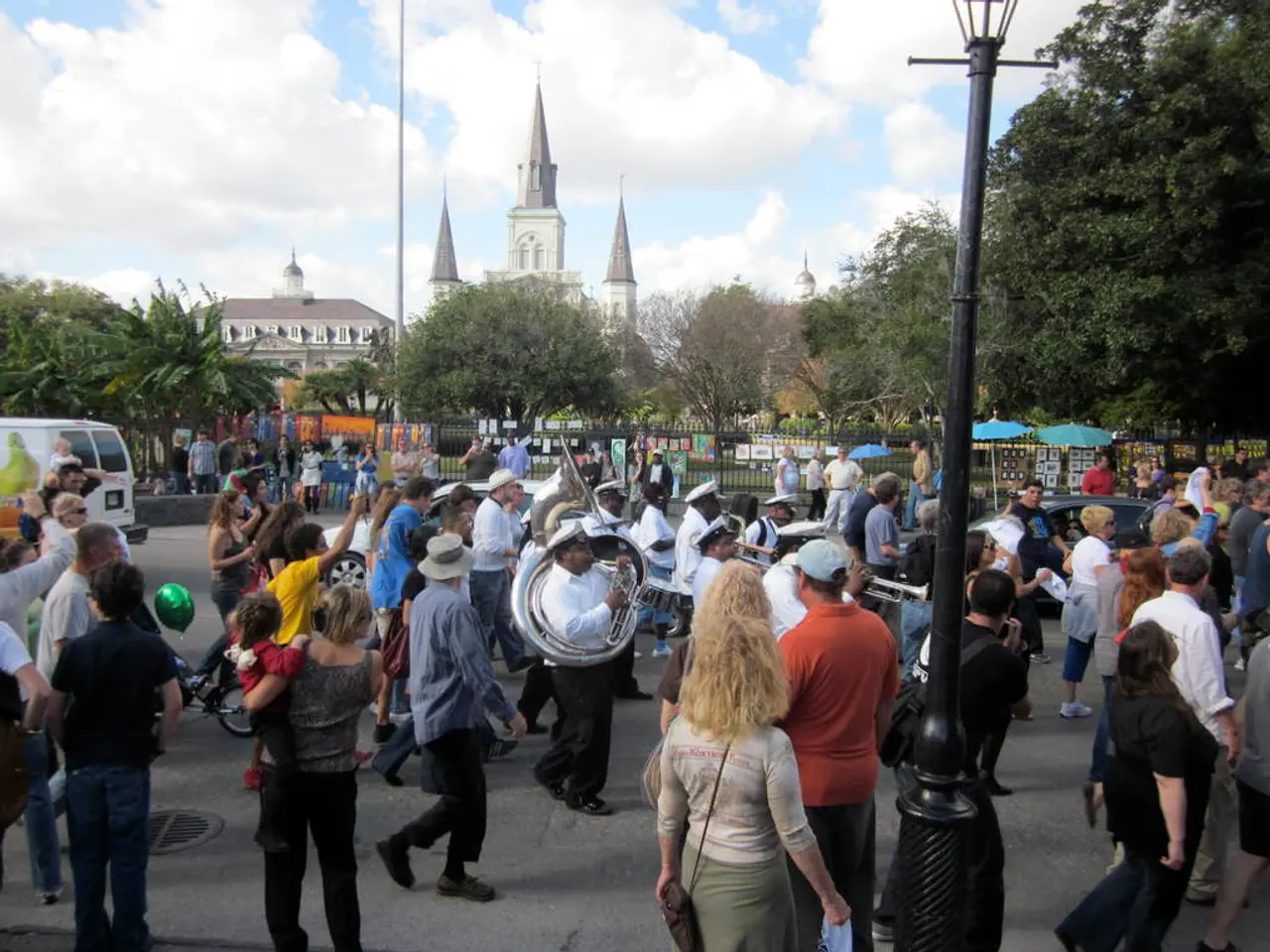Thriving direct-purchase farming market prospering in Valmiera, Latvia
The Reko Valmiera Farmers' Market, located in Latvia, stands as the first and only direct sales outlet of its kind for home-made products and farm produce in the country. This unique market connects local farmers directly with consumers, offering a wide variety of products including fruits, vegetables, and home-made goods.
Benefits of the Reko Valmiera Farmers' Market
The Reko model, of which the Valmiera market is a part, promotes direct consumer-to-producer sales, supporting local agriculture and fostering transparency and trust between buyers and sellers. The market also builds community, reduces food waste, and provides fresh, high-quality products to consumers.
Support for Local Agriculture
By eliminating intermediaries, the Reko market ensures better prices for producers and encourages the consumption of local products, supporting small-scale farmers and sustainable agriculture.
Transparency and Trust
Buyers know exactly where their food comes from and can often communicate directly with producers, increasing trust and satisfaction.
Community Building
Markets generate a sense of community and foster relationships between consumers and producers.
Reduction of Food Waste
By having orders pre-arranged and tailored to demand, farmers can better plan their production, reducing overproduction and waste.
Fresh and High-Quality Products
Consumers get seasonal, fresh, minimally processed, often organic or traditional foods that are healthier and tastier.
Growth Factors for Reko Valmiera
The success of the Reko Valmiera market can be attributed to several factors, including a strong local agricultural base, consumer demand for local and organic products, effective use of social media platforms for order management, community engagement and support, and the town's manageable size.
Strong Local Agricultural Base
Valmiera and its surrounding areas have active local producers willing to participate.
Consumer Demand for Local and Organic Products
Increasing interest in health, sustainability, and local food fuels demand.
Social Media and Online Coordination
Effective use of Facebook groups and social media platforms creates convenient order management and broadens reach.
Community Engagement and Support
Local champions and community organizers have driven awareness and participation.
Relatively Small Size and Manageability
The town’s size supports tight-knit producer-consumer relationships and logistical ease.
Favorable Consumer Lifestyle Trends
Rising environmental awareness and preference for artisanal and traditional foods align with Reko's ethos.
Reasons the Model Has Not Been Widely Adopted Elsewhere
Despite its success, the Reko model has not been widely adopted in other towns. Reasons for this include:
Lack of Local Producer Engagement
Other towns may not have enough willing or organized producers to form a viable group.
Consumer Awareness and Demand Gaps
Not all communities have the same level of consumer interest in local direct-buy models.
Logistical Challenges
Coordinating orders, pick-ups, and communication requires commitment and effective management; not all towns have leaders or infrastructure to facilitate this.
Competition with Established Retail
In some areas, consumers rely on supermarkets or other market models that are easier or more familiar.
Scale Issues in Larger Towns
In bigger cities, the direct market model might be harder to organize efficiently due to complexity and competing alternatives.
Economic and Cultural Differences
Other towns may have different economic conditions, food cultures, or priorities that don’t align well with the Reko model.
Lack of Awareness or Promotion
Without proactive promotion and demonstration of benefits, the model may remain unknown or unconsidered.
In summary, Reko Valmiera thrives due to a strong local agricultural presence, engaged community, and consumer demand for fresh, local foods enabled by social media coordination. Its limited spread elsewhere is largely due to differences in local producer networks, consumer habits, logistical feasibility, and organizational capacity.
The participants of the Reko market emphasize that lack of advertising is a hindrance and they would like to see the Valmiera market area tidied up. Raivis Urpens, a mushroom seller from Aloja, acknowledges that this market format saves time for farmers and home producers. Līga Meldere, owner of the Mežnoras farm, has been traveling to the Reko market for three years, finding the market format beneficial as it allows for predictable orders and quick pick-ups, ensuring freshness and quality of the products. Guna Ķibere, a business specialist at Valmiera municipality, believes that the market guarantees quality because the products are fresh and often organically grown. Santa Rumba, owner of the Mežvijas farm, takes on the task of management voluntarily, with the market being run by its participants themselves.
The success of the Reko Valmiera Farmers' Market serves as a testament to the benefits of direct consumer-to-producer sales and the potential for similar models to flourish in other communities.
Food-and-drink enthusiasts, take note: the Reko Valmiera Farmers' Market provides consumers with fresh, high-quality, often organic or traditional food options, fostering direct consumer-to-producer sales while supporting local agriculture and reducing food waste. Radio listeners, tune in to learn more about this unique lifestyle choice and its growth factors, including consumer demand, social media coordination, and community engagement. Home-and-garden enthusiasts, meanwhile, can appreciate how this direct market model encourages sustainable living and fosters transparency and trust, making it an ideal place to source locally-made home products and farm produce. Support Reko Valmiera and savor the difference fresh, locally-sourced food can make in your consumption habits and lifestyle.




